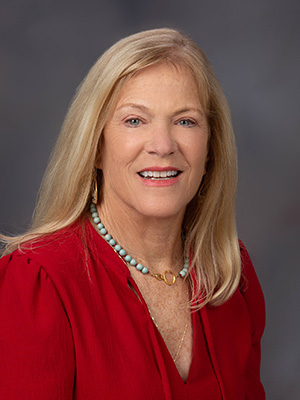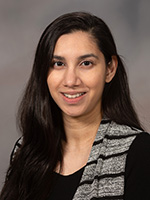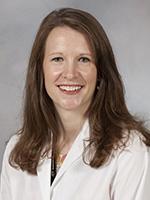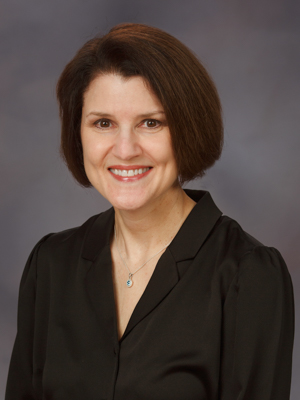Digital first: Online certificate programs expand graduate opportunities

For people who want to get ahead in their careers, higher education is a natural first step. But an advanced degree takes time or money that a busy working professional may not have.
Online post-baccalaureate or graduate certificates provide another option for higher education. With fewer courses than a traditional master’s degree and lower tuition, these programs can provide a middle-ground option that offers the training people want. Now, the University of Mississippi Medical Center has two new options for online learners who hope to advance their knowledge and careers.
This summer, the School of Graduate Studies in the Health Sciences starts its first classes in an online certificate program in graduate medical biochemistry.

Meant to be taken over the course of two semesters, the 11-credit certificate is designed to meet the needs of a variety of learners, including medical- and dental-school hopefuls, college instructors and biotech and laboratory personnel, said course director Dr. Bettye Sue Hennington.
“We are seeing a shifting paradigm in education from classroom learning to online learning,” said Hennington, a professor of cell of molecular biology. A 2016 survey found that more than 6 million students in the United States took at least one online course that year, a number that has been growing for 14 years. Higher education has also seen a 15 percent increase in the number of online, non-degree courses available, Hennington said.

“Our goal is to take what is being taught in medical and dental biochemistry courses and break it down into manageable and digestible blocks,” said Dr. Maryam Syed, assistant professor of cell and molecular biology and instructor for the program.
Those courses include molecular structure and cellular function; enzymology and metabolism; forensic biotechnology; and genetics, development and disease. These are some of the topics that medical and dental students struggle with the most, Syed said, so creating new opportunities to learn them prior to enrollment could help improve student outcomes.
While educational data suggests that students who learn in a traditional classroom setting may perform better on tests of general knowledge of material, Hennington said that “students who take online courses seem to do better with analysis and synthesis – the higher levels of Bloom’s Taxonomy – which is what we want to see in terms of long-term success in learning.”

Tuition revenue from the medical biochemistry program will go towards supporting the Department of Cell and Molecular Biology’s research mission. If successful, the SGSHS may expand the program to other departments and offer certificates in additional biomedical science disciplines, said Dr. Sydney Murphy, associate dean of academic affairs in the SGSHS.
The School of Health Related Professions has also introduced an online post-baccalaureate certificate in health informatics.

Dr. Lisa Morton, professor and chair of health informatics in the School of Health Related Professions, said online learning is becoming a larger part of education.
“The traditional student who comes to [campus] to engage in face-to-face learning is no longer the norm,” Morton said. “Most of our students are already working and want the flexibility to be able to stay in their hometowns and be able to keep working while pursuing educational opportunities.”
The 10-credit program includes courses in health care delivery and policy; health informatics; electronic health information systems; and a seminar on health information professions. Morton, director of the program, said that this aligns with an emerging education model.
“We’re seeing a trend towards stackable certificates where one can piece together credentials and ultimately earn a graduate degree,” Morton said.
Hence, the certificate program is designed to either be a stand-alone educational opportunity or a pathway into SHRP’s full master’s degree in health informatics and information management.
“There is no typical student in our programs. We have people who work in information technology, business, health care and clinical settings,” Morton said.
Both the medical biochemistry and health informatics programs are asynchronous, meaning they don’t require students to log-in to Canvas, UMMC’s e-learning platform, at a particular time. Students still have deadlines for assignments and completion requirements, but they can complete the work whenever it fits into their daily schedule.
Students interested in either program can apply for the fall semester now.


